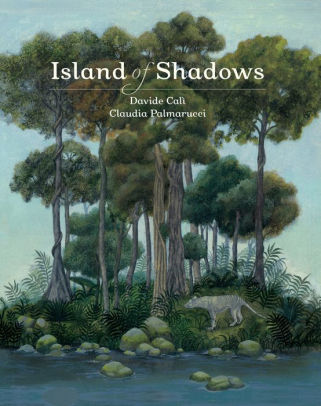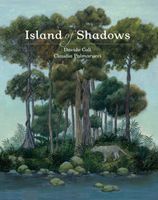- Welcome to FictionDB, Guest
- | My Account
- | Help

Island of Shadows — Davide Cali

Adapted from the Italian original, this picture book imagines a mythical world in which animals' nightmares take literal form, yet the scariest place of all is the dreamless Island of Shadows, the domain of extinct creatures--
Click on any of the links above to see more books like this one.
